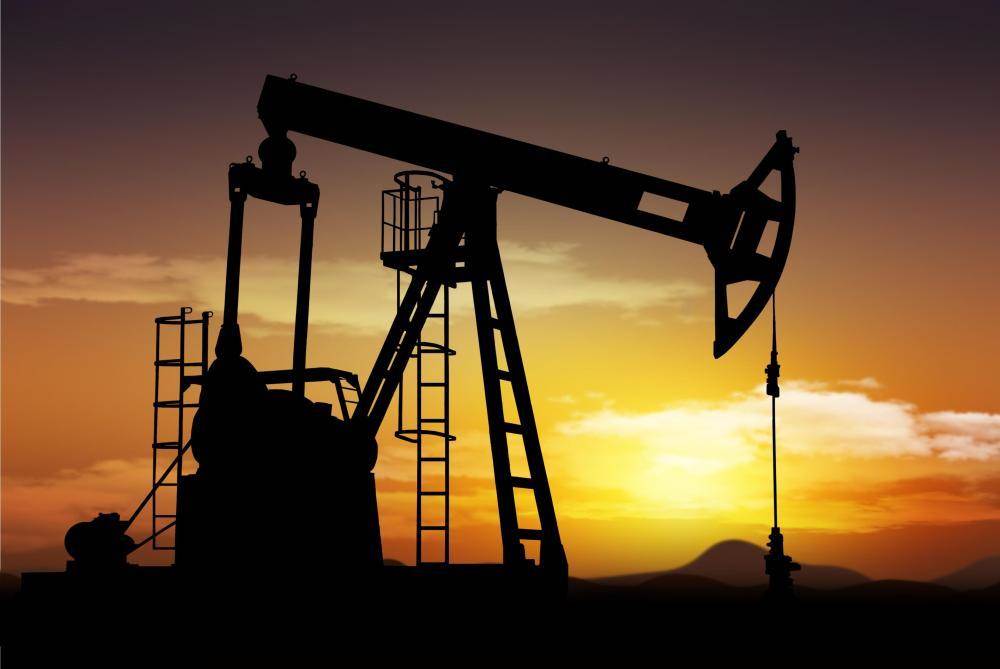 Asian stock markets were mixed on Tuesday morning, pressured by weak data out of South Korea, China and Australia put traders on edge and the increased tensions between the U.S. and China added fuel to the fire. Data out Tuesday morning showed that Australian retail sales fell in July despite stimulus measures meant to increase spending. According to the Australian Bureau of Statistics, July retail sales down under fell 0.1 percent month on month, shirking expectations for a 0.2 percent increase.
Asian stock markets were mixed on Tuesday morning, pressured by weak data out of South Korea, China and Australia put traders on edge and the increased tensions between the U.S. and China added fuel to the fire. Data out Tuesday morning showed that Australian retail sales fell in July despite stimulus measures meant to increase spending. According to the Australian Bureau of Statistics, July retail sales down under fell 0.1 percent month on month, shirking expectations for a 0.2 percent increase.
Also on Tuesday morning, data out of South Korea showed that the country’s economy expanded less than estimated during Q2 2019. This data, in conjunction with reports out on Monday that Japanese manufacturing activity declined in August, raised trader concerns about the state of the global economy.
The Reserve Bank of Australia announced on Tuesday at 12:30 p.m. HK/SIN that it will be leaving its cash rate at 1 percent following interest rate cuts in June and July. The decision was in line with expectations, as despite weak data, the RBA likely needs time to assess how the previous cuts are (and will) impact the Australian economy.
Australia’s ASX 200 was down 0.04 percent at 1:17 p.m. HK/SIN, with the RBA announcement doing little to move the country’s benchmark index. South Korea’s Kospi was down 0.09 percent and Hong Kong’s Hang Seng Index was down 0.08 percent. Japan’s Nikkei 225 index managed to squeeze out some gains, trading up 0.17 percent in the early afternoon.
Oil Markets Head Lower
Oil prices were lower on the weak Asian data, with U.S. WTI falling 0.49 percent to $54.83 per barrel, and Brent crude futures down 0.03 percent to $57.84 per barrel. Data out Monday showed that Russian oil production increased to 11.294 million barrels per day in August, surpassing the rate that Russia committed to capping at in conjunction with OPEC’s production cuts. Russian production in August was at its highest level since March. Output from OPEC also increased in August for the first time in 2019 as Iraq and Nigeria boosted production, a measure that counteracted cuts by Saudi Arabia. According to Russian Energy Minister Alexander Novak, Russia does intend to comply fully with the production cuts in September.
